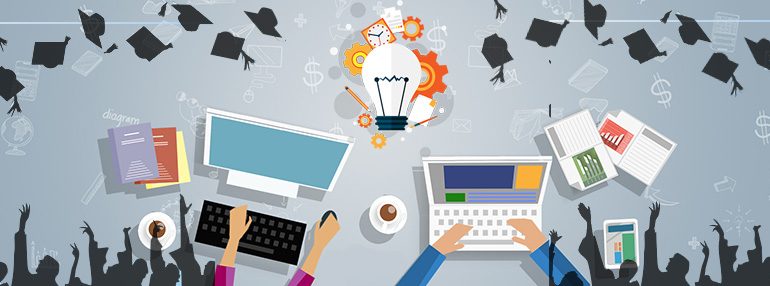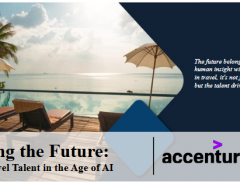The technological disruption that the world is currently undergoing is massive and unprecedented. This has led to a radical transformation in the education ecosystem something that humankind has never experienced before. According to the Organisation for Economic Co-operation and Development (OECD) 2030 Future of Education and Skills Project, we need to replace old education standards with an educational framework that combines knowledge with the 21st century skills of creativity, critical thinking, communication and collaboration. This will not be achieved by simply moving classes from the chalkboard to a Zoom call, but radically transforming the way we teach and learn science and technology skills, from one-way content dissemination and memorization to personalized, self-directed learning. We all just do not need knowledge, but also skills, attitudes and values to thrive in and shape the future for a more empowered global citizenship. This has never been more evident than in the current pandemic.
The pressures that individuals, institutions, and societies face in this crisis are accelerating the Fourth Industrial Revolution and blurring the boundaries between the physical and digital world. These changes are today impacting the jobs in the industry, many of which have either become redundant or getting replaced by automation, artificial intelligence, robotics, and new business architecture. The new era requires individuals to be at ease with technology, uncertainty, and unforeseen risks. The job market is undergoing massive change and there is a need for a fresh thinking to address current and emerging challenges. The world is being transformed by scientific and technological advances and these changes are also impacting education systems and processes. They are altering the learning infrastructure. It is extremely critical today to ensure that faculty’s comfort with technologies is as important as it is for the student community.
Against the backdrop of Education 4.0, the FICCI-EY report 2021- Higher Education in India: Vision 2040 has attempted to look at some of the pressing challenges of higher education (HE) and has accordingly suggested recommendations and a roadmap. While defining Education 4.0 in the current context, the report has highlighted the significant emerging trends within the higher education sector that has resulted and has only accelerated with the onset of the pandemic. The report has drawn learnings and documented cases and best practices from global higher education ecosystem. The report further has looked at the National Education Policy (NEP) 2020 that offers several well-reasoned and bold reformative steps in the right direction. The NEP conveys a clear bias for a disruptive change by taking into cognizance the issues of equitability, inclusivity, accessibility, exploratory and experimental- all ingredients required for transforming into Education 4.0 and beyond.
The authors are Dr Vidya Yeravdekar, Chairperson, FICCI Higher Education Committee; Dr Rupamanjari Ghosh, Co-Chairperson, FICCI Higher Education Committee; Dr Sekar Viswanathan; Co-Chair, FICCI Higher Education Committee & Dr Rajan Saxena, Co-Chairperson, FICCI Higher Education Committee.





